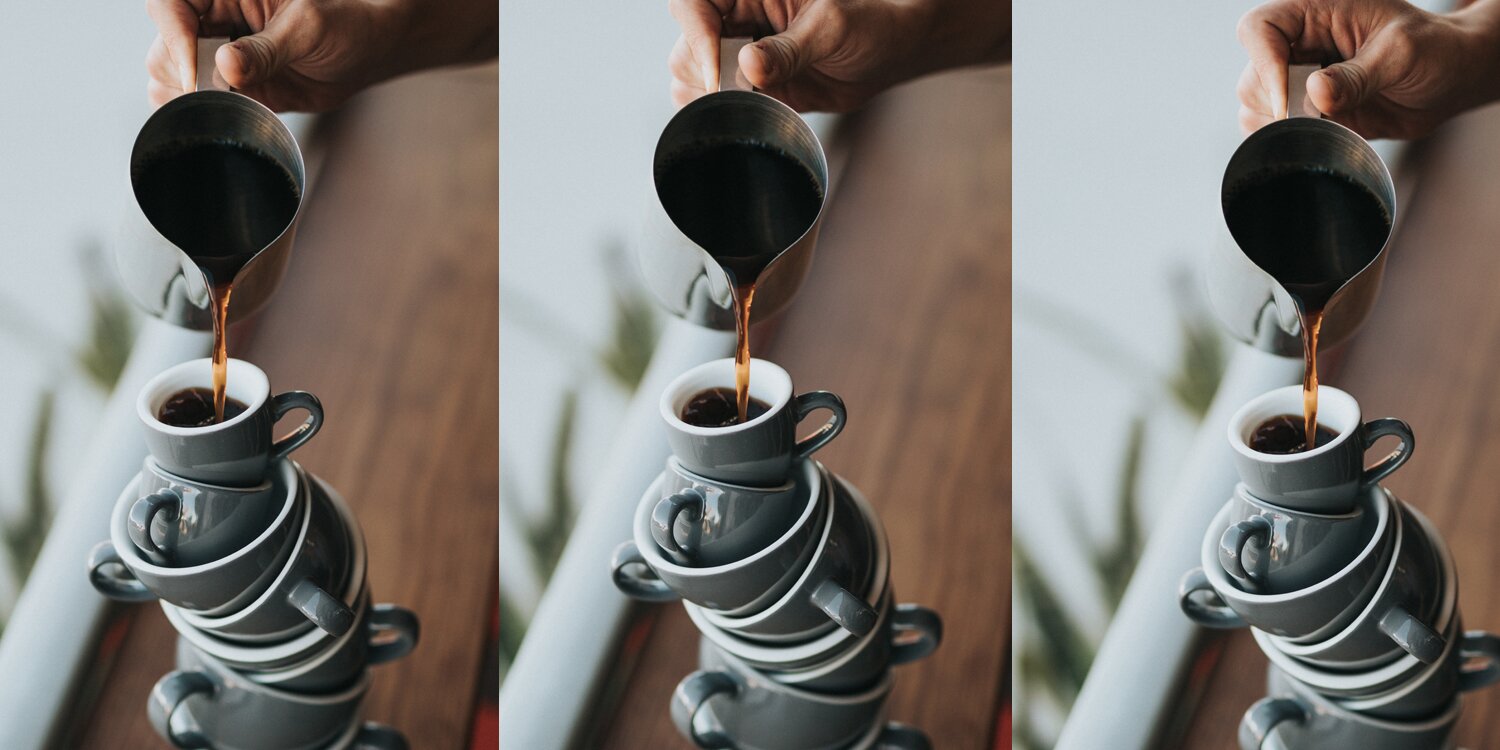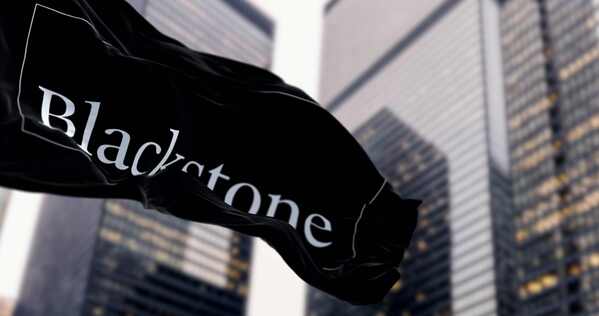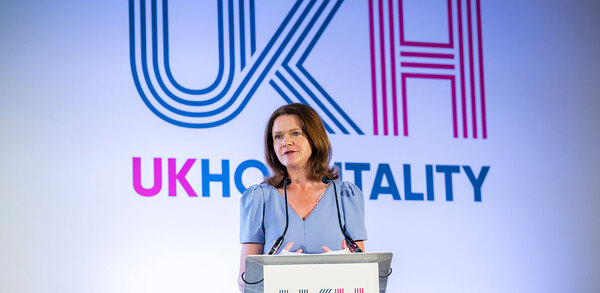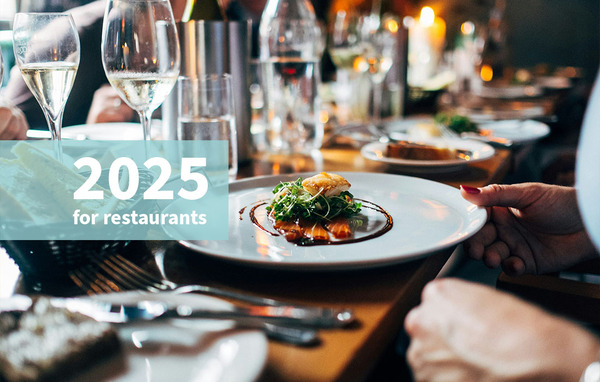Lighten the load with batch-brew coffee and decaff tea
It’s time to scale things back for 2023, with labour-light batch-brew coffee and high-quality tea without the caffeine. Ian Boughton reports
A ‘trendy’ product need not be a new one, says Andy Byron, events manager at Teapigs. It can be one you know or a product whose time has now come – and in the tea sector, that is now expected to be high-quality decaf. “People sign up to the idea of ‘new me’ in the new year, and this leads to a spike in sales of teas that offer wellbeing benefits,” he says.
“Certainly, wellbeing isn’t just a trend any more, it’s a full-blown movement. When we see a supermarket copy certain flavours for its own-brand teas, we know something is here to stay.
“But don’t think that ‘new me’ necessarily means ‘new tea’ – quirky new flavours to see in the year might gain some interest, but can be short-lived. We’re seeing a trend of people going back to basics. We’ve already had feedback from our clients saying the best-selling teas of the year so far have been the core classics. We’ve always thought if you don’t have a good enough English Breakfast, then don’t be a tea company at all.”
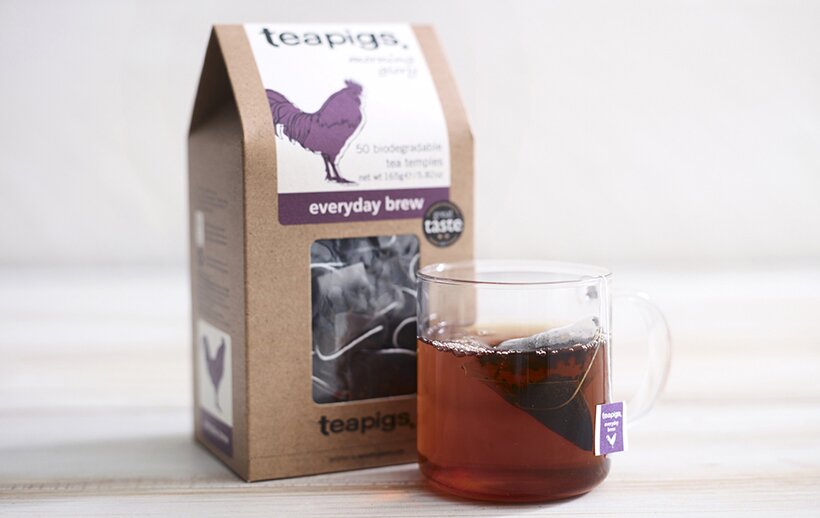
Hot trends
It is true that ‘functional’ teas are driving growth, says Adam Perry, impulse controller at Ecotone for Clipper Tea, but this includes decaf. “In the catering sector, we’re noticing a rising interest in decaffeinated teas as consumers look to cut back on caffeine without losing out on great taste. Caterers cannot ignore the rising interest,” he says.
This is a definite change in the world of tea, says Carly Murphy, assistant brand manager for Yorkshire Tea: “A key hot beverage trend we expect to rise this year and beyond is for decaffeinated and for tea-drinkers to enjoy more than one type of tea in their day. We’re seeing them start the day with their usual before switching to decaf later on.
“Two people in five have a cut-off point for caffeine, with almost half of them stopping drinking caffeine drinks between 3pm-7pm. This points to many people swapping to a non-caffeinated tea before bed – so for accommodation providers to offer the right drink late in the day is important.
“And it’s no surprise that a key concern of those drinkers is whether the taste of decaf can match up – they notice if it isn’t as top-notch as caffeinated. It’s really important that you don’t compromise on this, which is why we created a Yorkshire Tea Decaf.”
The problem with cheaper commodity-grade decaf, says Brew Tea, is that it tastes like dishwater. “Why would your customers accept less from decaf?” asks Brew’s out-of-home head Rachel Hill. “It's not OK to sneak a paper bag of dusty decaf out from under the counter and hope they won’t notice.
“Chemical decaffeination, the traditional method, is harsh and strips the leaves of flavour as well as caffeine. We wanted to create a tea that is on a par with our English Breakfast, so we use the CO2 method, a far gentler way of decaffeinating. We also pick the leaves and have them sent for decaffeination, rather than buying a decaf tea off the shelf.
“If you select and brew a classic black decaf properly, and promote it, you’ll be on to a winner. All of a sudden the tea price point takes a significant jump, the cash margin follows and your customers are more satisfied.”
You do have to promote it, says Dilhan Fernando, chief executive of the Dilmah Ceylon Tea company. There are new tea customers out there, and they need to be told that your tea is good.
“Amid fears of global recession and the parallel regression of quality in hot beverages, I see a new generation of consumers who are looking to relish quality, being prepared to pay a little more for a better tea. Tea is inexpensive, and the difference in cost between a good tea and a mediocre one is nominal.”
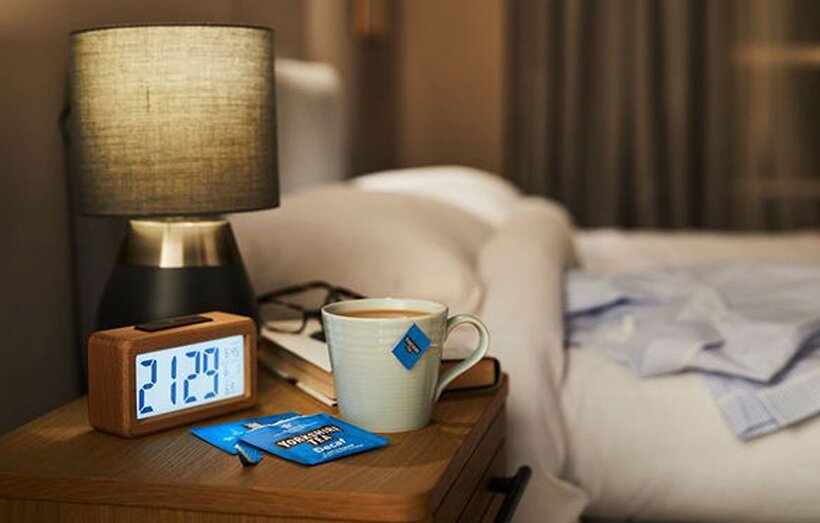
Bulk up
Meanwhile, coffee suppliers see a trend towards the new opportunities in ‘batch brew’ – that is, filter coffee brewed in amounts of two litres or more. This used to carry the hazard of old, stewed coffee, but new sophisticated equipment means that several litres of coffee can be kept hot and in surprisingly excellent condition for a long time. The advantages for breakfast and conference businesses are clear.
“The profit-maker will be the surge in batch brew,” says Lynsey Harley, founder of Modern Standard Coffee. “It’s quick, light on labour, high on margin and delivers exceptional quality. It also fits in with a healthier diet, so replacing your flat white with a batch brew will save on the calories.”
Batch-brewed filter coffee hasn’t had the best reputation, notes Joe Stockwell, business development manager at Caffeine. Until now.
“Recently people have been looking at it again for high-quality coffee drinks. In the past, operators would often use dark roasted beans, which would often mean the coffee would be bitter, burnt tar by the time it got to the customer. Now, modern equipment will let you use beans with a light roast for batches of coffee, giving the full range of nuanced flavours that a barista would provide.
“The new wave of batch brewers from makers like Bunn give enormous control in brewing large amounts of high-quality coffee, so batch brew is definitely a trend we anticipate growing in coming years,” adds Stockwell.
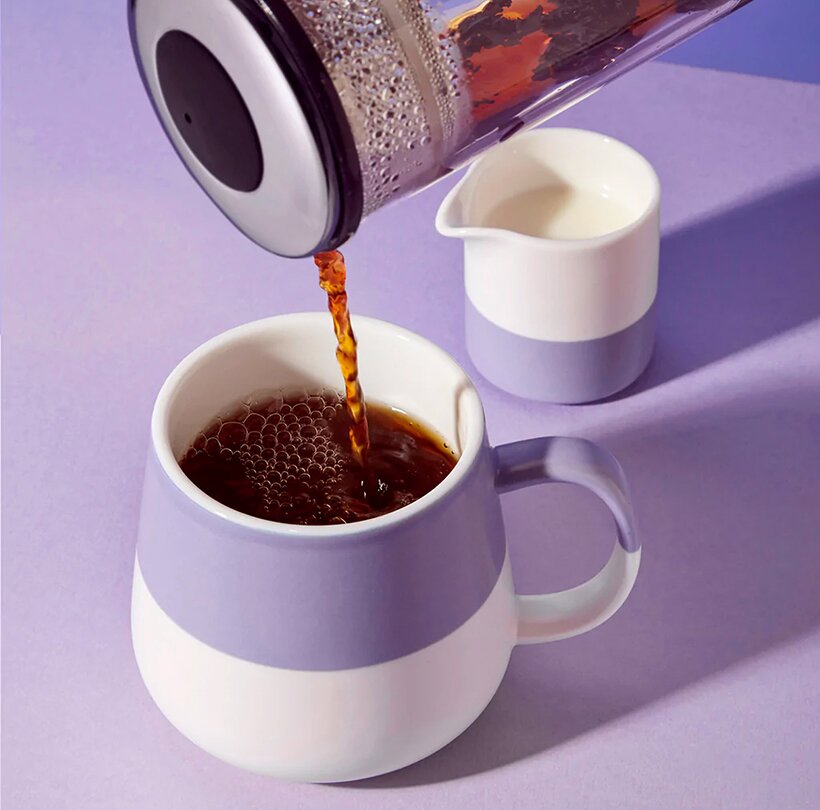
There is a clear increasing movement to coffee beverages, says Ross Schofield, commercial director at Lincoln & York.
“You must ensure you have coconut, soya and oat milk to appeal to all customer bases, and train staff in milk-alternative drinks so they taste as good as their dairy counterparts.”
Plant-based options have a high appeal at the moment, and are no longer a ‘nice to have’ option, but a necessity to incorporate plant-based options and dairy alternatives on your menu, says Richard Lowry, head of coffee at Bidfood. “Recent surveys state that 56% of under-35s say they are mindful drinkers, and with millennials accounting for 16% of all buyers, it would be wise to accommodate their needs.”
But is sustainability and provenance a real consumer trend, or just marketing-speak?
“It is definitely a trend we see growing across the board, says Joseph Cordy, head of commercial at Paddy & Scott’s. “We have customers asking about it in our own cafés, and our trade catering clients are asking more about it, driven by the fact that they are being challenged about it by their guests.
“Customers are becoming increasingly savvy about where their coffee comes from, and whether it is traded ethically. The trend is for customers to expect great coffee wherever they are, in a café, a hotel bedroom, or at home. “The days when your customers would accept a stick of instant coffee in a hotel bedroom are long gone.”
How to create a premium hot chocolate
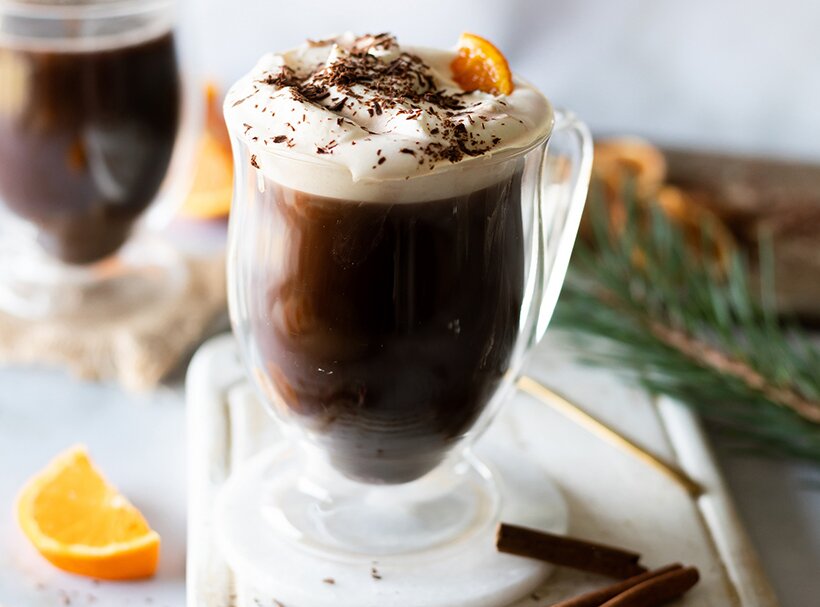
“Instead of big, expensive purchases, this year consumers will treat themselves to small luxuries and indulgences,” says Anna Clapson, insights manager at Creed Foodservice.
“Harnessing this ‘lipstick effect’ is crucial. Consumers will premiumise and look to purchase more decadent chocolate drinks with flavoured syrups and added extras – it’s here that margins can be pushed.
“It is cost-effective to create your own toppings on-site. Try handmade marshmallow, honeycomb and chocolate shards, and hybrid flavours like Belgian chocolate and espresso and pecan-cheesecake. Flavours such as Black Forest and lemon meringue should be on menus.”
Hot chocolate should be considered as seriously as the coffee and tea offering, says Zareen Deboo, foodservice channel manager at Ferrero.
“Hot chocolate is next on the agenda for premium drinks out-of-home. Ferrero Foodservice has created four hot chocolate recipes that just need water: spiced clementine, mint mocha, crème brulée and chestnut, all based on Thorntons hot chocolate powder.”
“There will be a great demand for high-quality hot chocolate that can provide barista-grade taste,” says Nav Notay, managing director at Cocoa Canopy, which offers tiny chocolate beads that melt into hot milk. “This will be worth its weight in gold and deliver a returning customer.”
Suppliers
Bidfood www.bidfood.co.uk
Brew Tea Co www.brewteacompany.co.uk
Caffeine www.caffeineonline.co.uk
Clipper www.ecotone.bio/ecotone-uk
Cocoa Canopy www.cocoacanopy.co.uk
Creed www.creedfoodservice.co.uk
Dilmah/Henley Bridge www.hbingredients.co.uk
Ferrero www.ferrerofoodservice.com
Lincoln & York www.lincolnandyork.com
Modern Standard Coffee modernstandardcoffee.co.uk
Paddy & Scotts paddyandscotts.shop
Teapigs www.teapigs.co.uk
Yorkshire Tea www.yorkshiretea.co.uk



